Ah, the humble base layer…
Dirty, smelly, and doing the grunt work of your layering system.
WHAT IS A BASE LAYER?
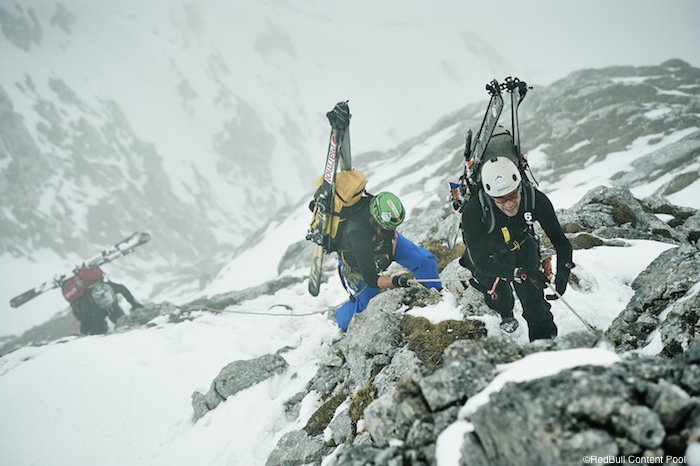
Synthetic base layers tend to be cheaper and more durable than merino, and wick sweat much better.
Synthetic layers deal with sweat and moisture by wicking it along the fibres and away from your skin.
The highly humid air within naturally wants to move towards equilibrium which means the cooler, drier outside.
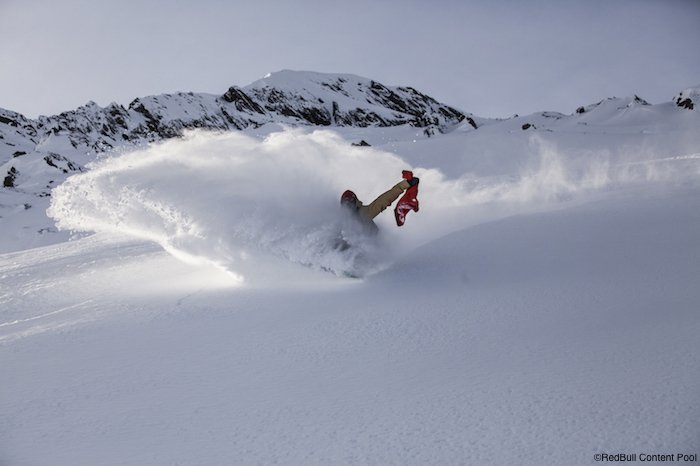
And for good reason!
Unfortunately its also expensive, takes a while to dry, and is often noticeably less durable than synthetics.
Be wary of snagging a cut-price bargain, too: low quality merino can be very itchy.
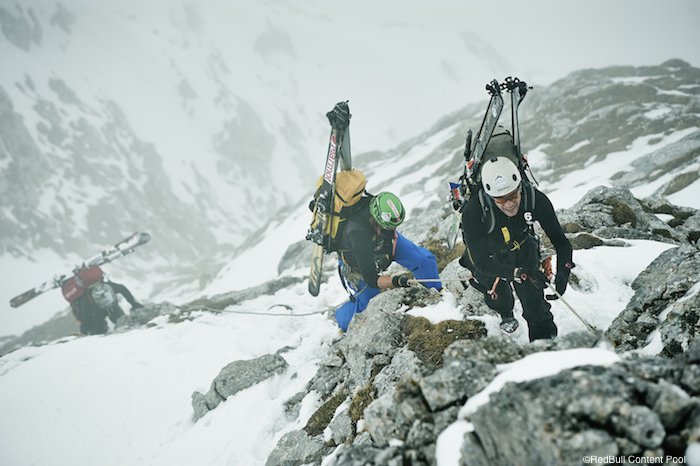
If were being pedantic, merino doesnt technically wick sweat, though the end result is the same.
Merino already seems pretty miraculous, right?
Its about to get even cooler!
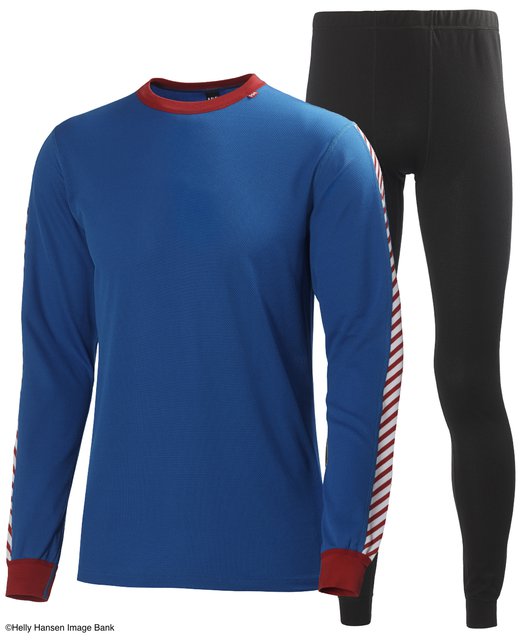
In addition to retaining its insulating properties when wet, merino actually generates heat when it absorbs moisture.
The reverse also applies, and heat is taken up by the reaction when the fibres dry out.
However, merino is less durable than synthetics and needs more care when washing and drying.
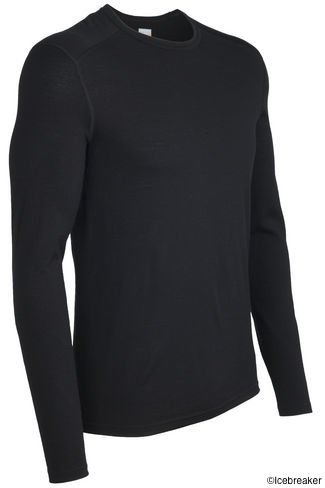
SO WHICH jot down OF BASE LAYER SHOULD I USE?
This creates a much smoother fibre than their competitors, so stench-inducing bacteria have fewer places to hide.
Its relatively cheap and very durable, but like wash it regularly!
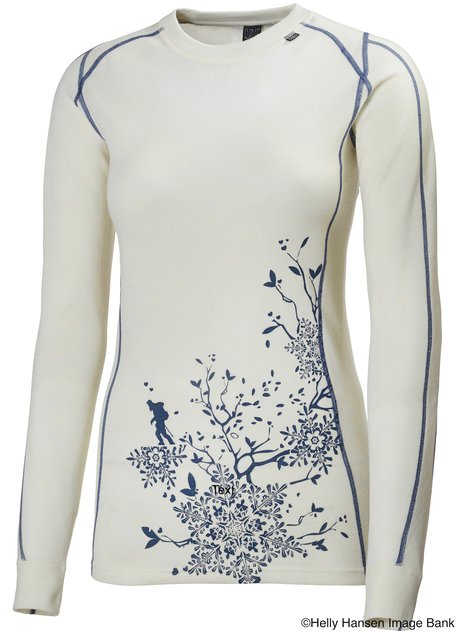
If you have any doubt, go up a size.
- you will have to take better care of it than your synthetic base layers.
Fit:Tends to be fairly snug.
If youre normally between sizes, definitely take the larger.
Matt Clark LUEX / LineUpEXplorers